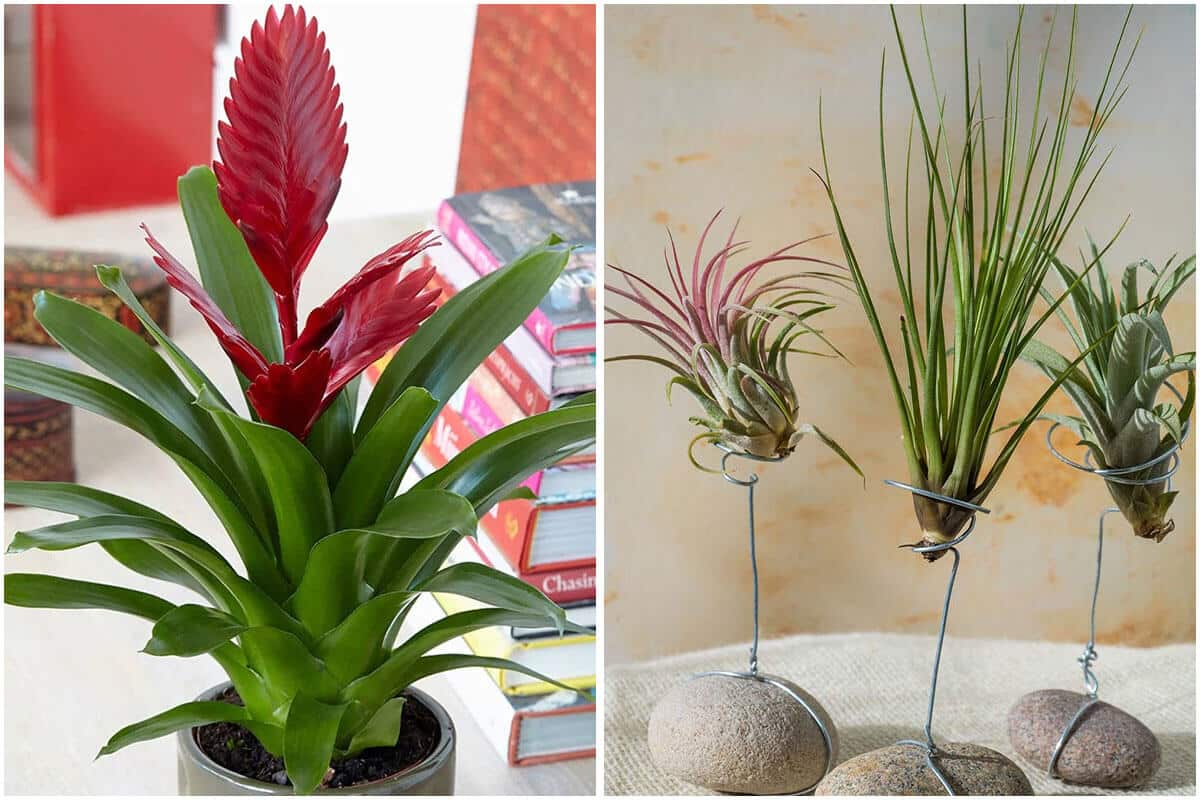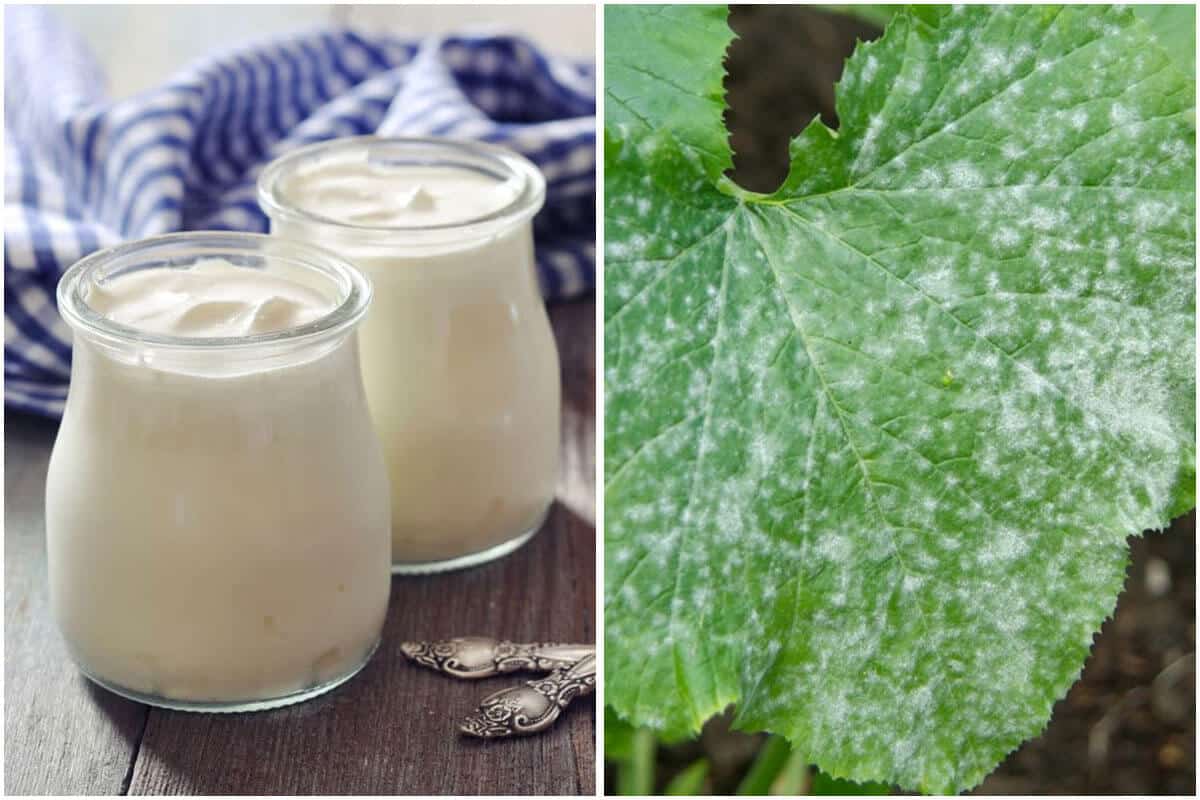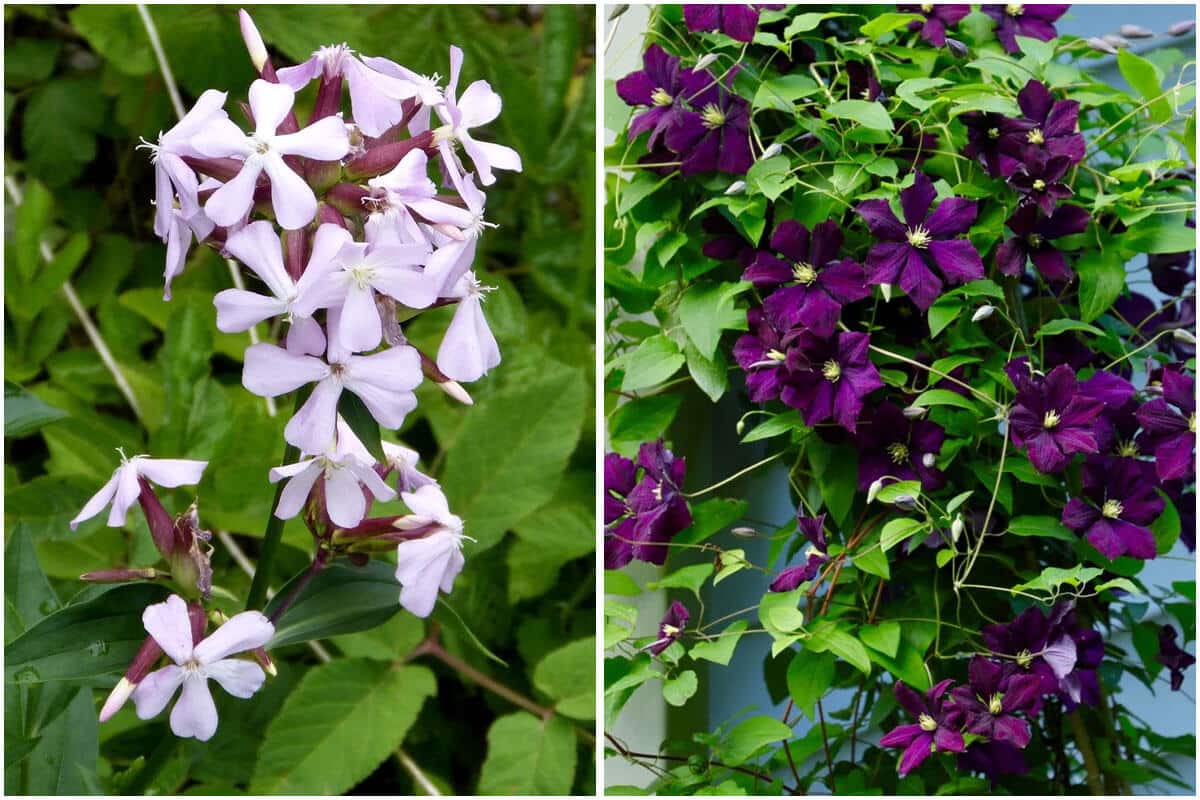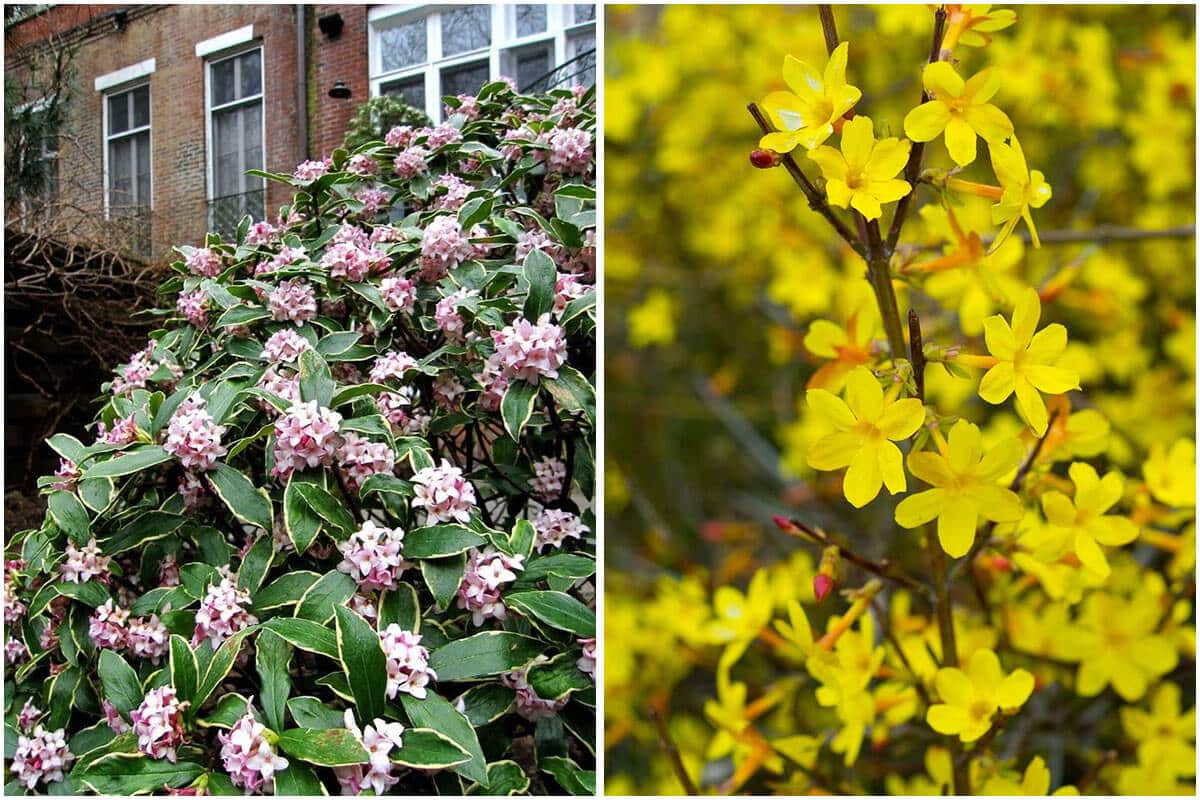When it comes to gardening, pests are the prime focus that all gardeners want to deal with. They can damage and destroy healthy plants within a short period, ruining all results of your hard works. Whether you are a beginner or expert gardener, all will face severe pest infestations from time to time. Most of you will think of insecticides and pesticides, they have quick effectiveness but they are chemical, of course, they will affect directly your health and plants.
In order to help you find out methods to control them, we will share 11 Effective Organic Pest Control Methods that are safe and easy you can apply at all times. These ways tend to a healthy, pest-free garden according to natural methods, and surely help your plant avoid the problem entirely. If you love practicing organic gardening, these organic pest prevention methods are useful and should be applied more often instead of using chemical methods. Browse them and learn about them!
#1 Provide Proper Sunlight To Your Plants

Sunlight is the most important element for the growth of plants, so provide your plants the necessary amount.
#2 Give Your Plants Enough Space
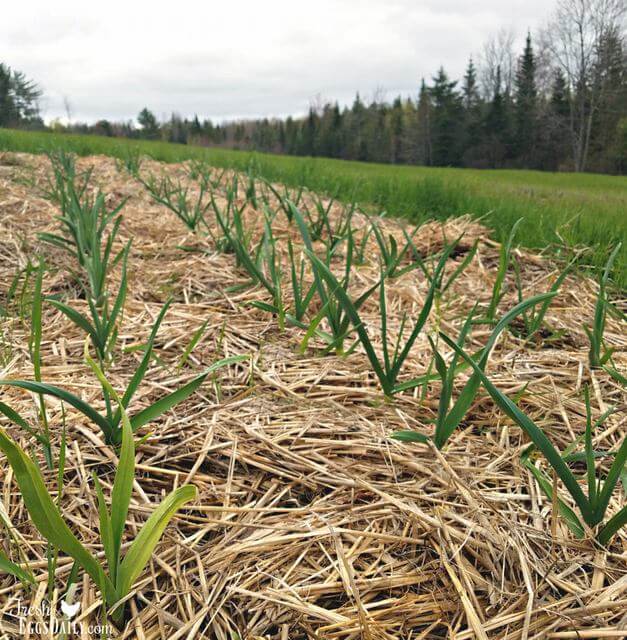
Growing too many plants in the same space leads to some problems that aren’t good for your plants like fungal diseases and pests. So, let’s give enough space to promote your plant to grow healthy.
#3 Attract Beneficial Insects
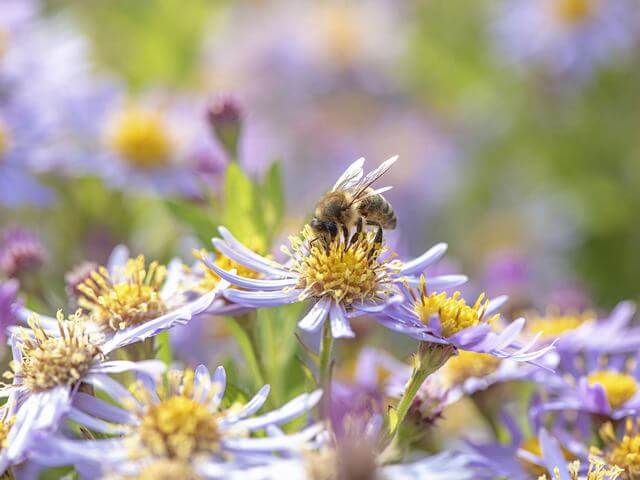
In addition to harmful insects, there are many beneficial insects such as ladybugs, lady beetles, lacewings, minute pirate bugs, parasitic wasps, and damsel bugs. They eat the pests for lunch. To attract them, you can grow some plants that they love like calendula and marigolds.
#4 Use Row Covers
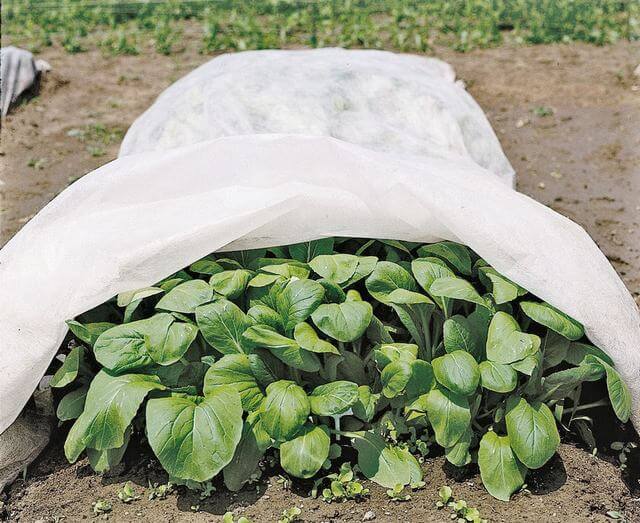
Using row covers is one of the most effective ways to protect your plants from pests. When the flowers appear on your plants, you should remove the row covers to help pollinators get inside as well as make plants stronger and healthier.
#5 Make Your Soil Healthy
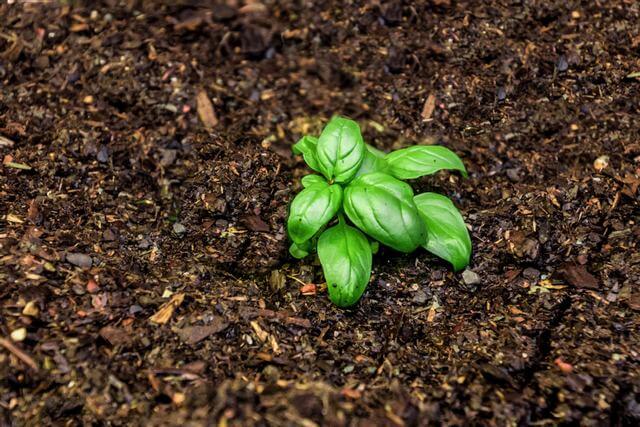
When your soil is healthy, it will protect your plant from pests with robust immune systems. At the same time, healthy soil is alive with beneficial microbes and organisms, as well as earthworms and beneficial insects. There are some tips to help your soil health like spread compost each year to add vital nutrients that your plants need for growth; use natural fertilizers to build up healthy soil, apply fish or seaweed fertilizer once a month encourages soil microbes, avoid using any sort of chemicals that might destroy the healthy organisms and microbes.
#6 Interplanting Crops
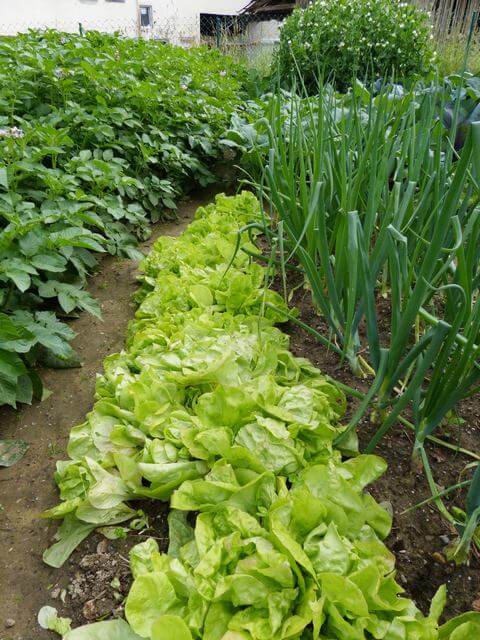
Interplanting is a good gardening method that you alternative crops, herbs, and flowers to confuse the pests. Instead of planting only one type of crop in a garden bed, alternating rows of vegetables with flowers and herbs attract beneficial insects while confusing pests that are looking for particular crops.
#7 Grow Plant To Repel Pests
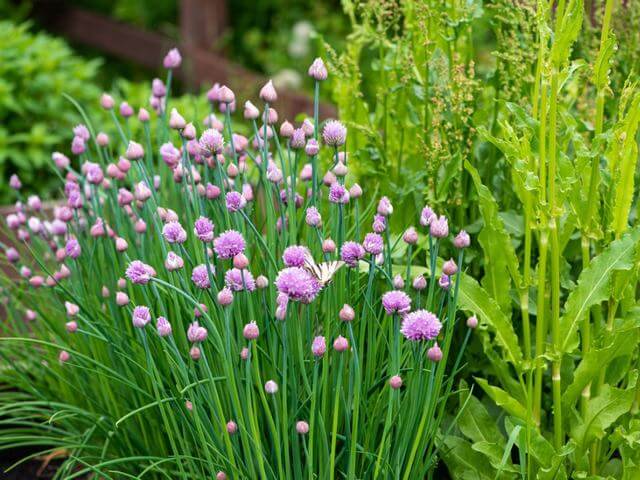
In order to get rid of pests without needing to use chemicals, you can grow some strong-scented herbs and flowers to deter pests easily. Basil, calendula, garlic, chives, thyme are great flowers and herbs.
#8 Choose and Grow Resistant Varieties
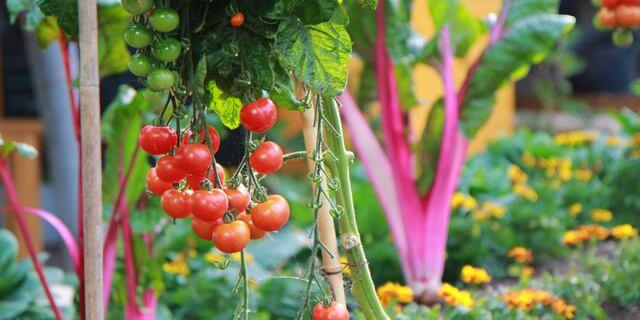
Choose and grow resistant varieties are one of the easiest and natural ways to prevent pests in your garden.
#9 Harvest Frequently
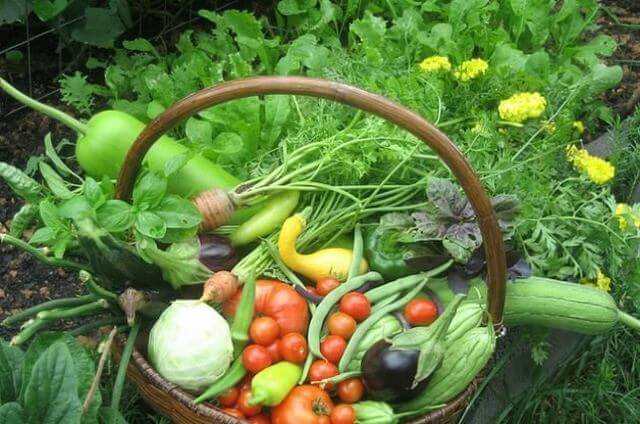
Make sure you clean up any fallen fruits to prevent hungry pests and look for an easy meal. Also, lingering fruit and vegetables send your entire plant into decline and stress, they aren’t growing to their maximum potential and weak plants are an easy invitation for pests to visit.
#10 Grow Some Plants In Pots
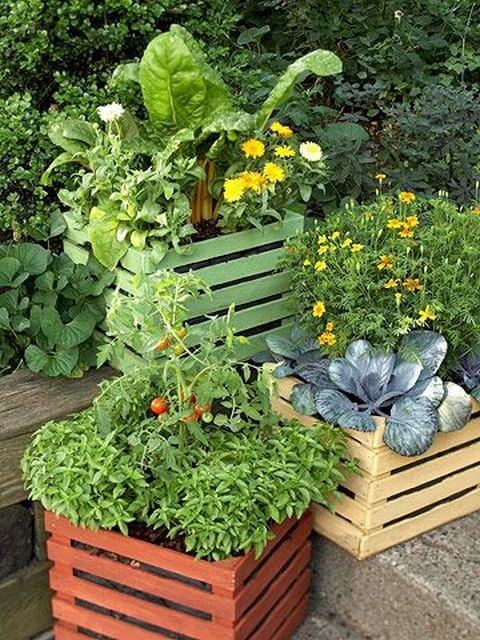
Growing in pots physically method will keep your plants away from the pests.
#11 Practice Crop Rotation
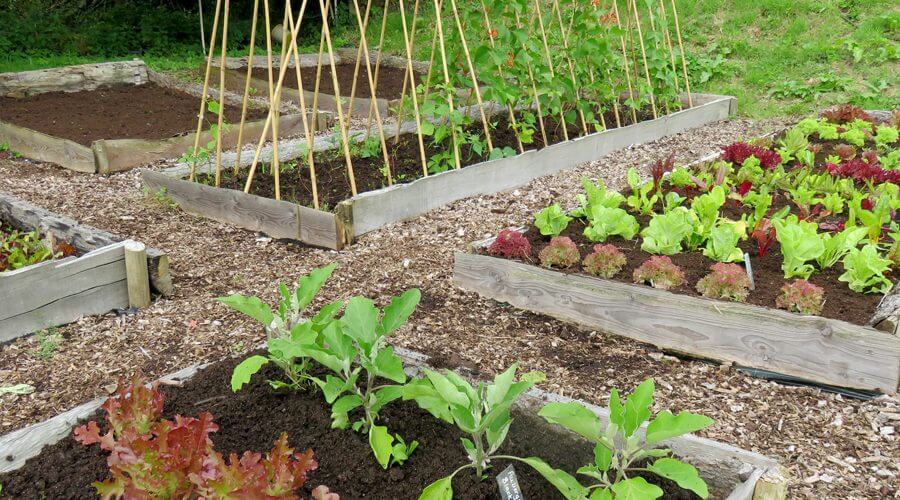
Crop rotation also confuses pests, manages soil fertility, and reduces pest concentrations in specific areas. That is the reason why this method is one of the most important things to do to prevent pests in your garden.
